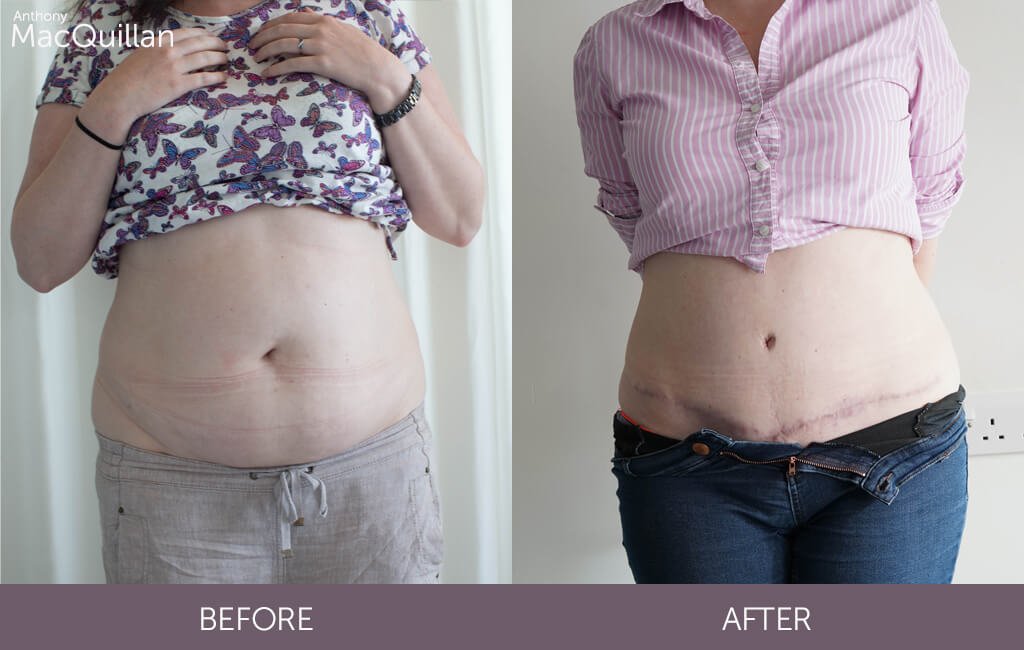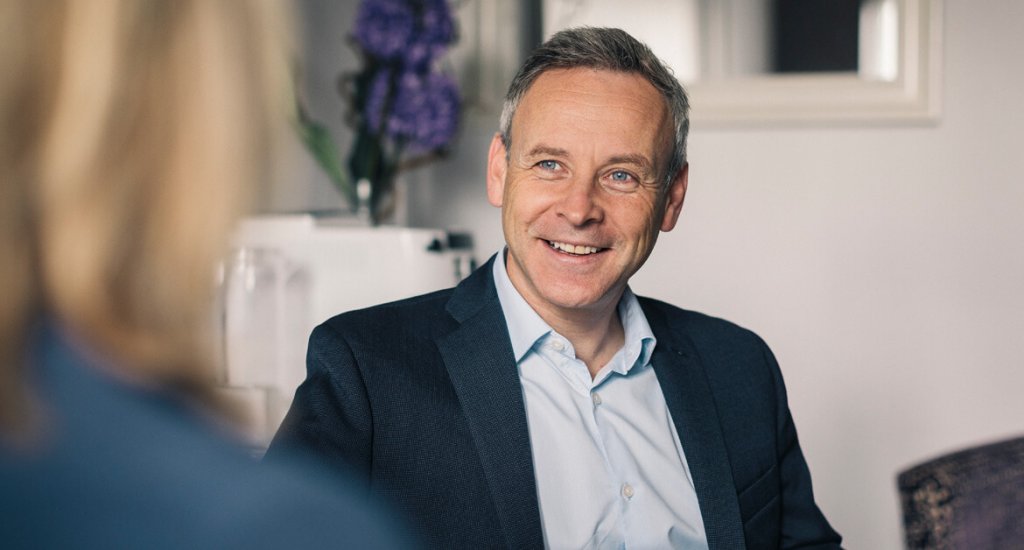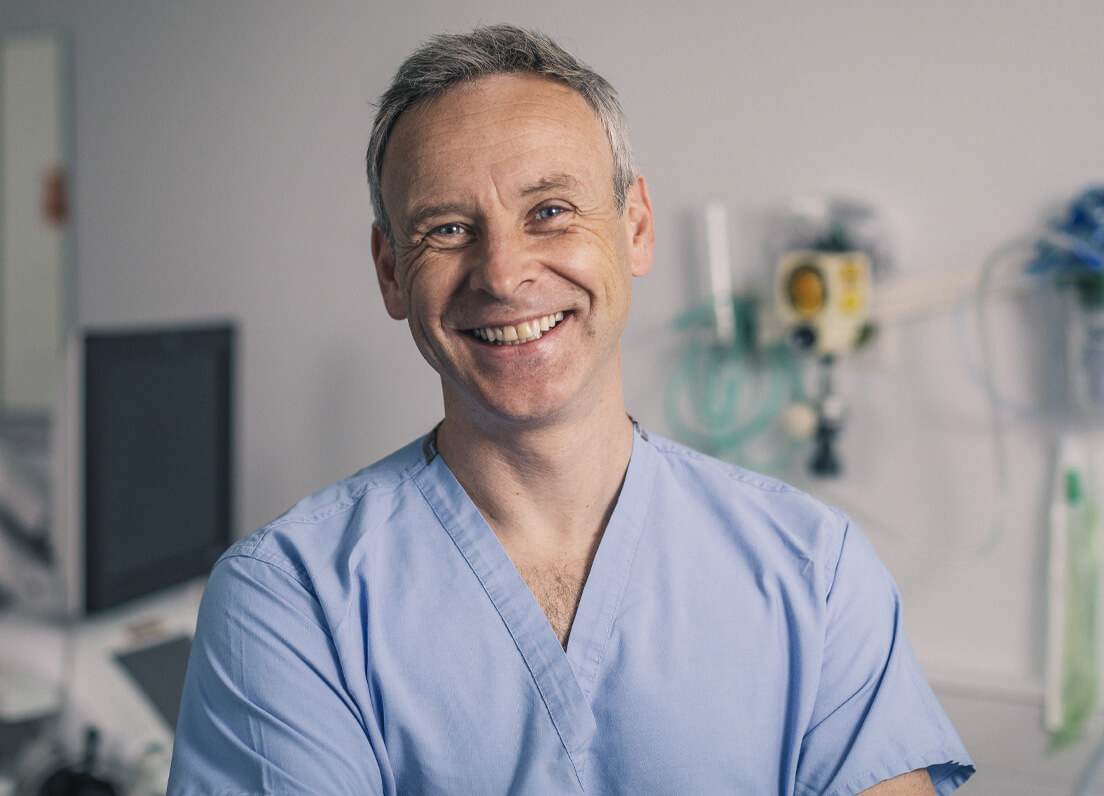Pre-Surgery Preparation – The Importance of Losing Weight before Plastic Surgery
When considering plastic surgery, it’s natural to be eager to see the results. However, did you know that losing weight before plastic surgery can significantly enhance your results, and improve recovery and overall health?
For starters, you might be wondering why weight loss is a crucial factor in plastic surgery. In fact, it might seem counterintuitive – after all, aren’t you opting for surgery to enhance your physical appearance? The truth is, your current weight and overall health play a significant role in the outcome of your procedure. When you’re at a healthy weight range, your body is better equipped to handle the stress of surgery, recover more quickly, and show off the transformative results that you’re after.
Moreover, losing weight before plastic surgery isn’t just about numbers on a scale. It’s about enhancing your health, reducing surgical risks, and preparing your body for a significant change. Consider it a proactive step towards better results and overall well-being.
Why Lose Weight Before Plastic Surgery?
Now that we’ve established the importance of losing weight before plastic surgery, let’s get to the reasons behind this. Being overweight can increase the risk of complications during and after surgery. These risks include infections, blood clots, poor wound healing, and longer recovery time. By achieving a healthy weight, you’re reducing these risks and setting the stage for a successful surgical outcome.
Weight fluctuations post-surgery can greatly impact your results. For instance, if you gain weight after a tummy tuck or liposuction, it can alter the smooth, contoured appearance that the surgery initially achieved. By maintaining a stable weight, you’re ensuring that your results are long-lasting and consistent.
Losing weight pre-surgery doesn’t just benefit you physically, but mentally as well. Achieving weight loss goals can boost your self-esteem and give you a sense of control over your body. This mental boost can further aid in a smooth recovery and satisfaction with your surgical results.

Tips for Losing Weight before Plastic Surgery
Losing weight before plastic surgery is an essential step to ensure the best possible outcomes and a swift recovery. As you start this process, it’s important to approach weight loss with an all-inclusive and healthy mindset. Next, we will discuss various aspects of weight loss, focusing on realistic goal setting, dietary changes, exercise routines, and additional lifestyle adjustments to help you reach your ideal weight before surgery:
Setting Realistic Goals
- Understand Your Body: Before setting any weight loss goals, it’s important to understand your body’s needs and limitations. Consult with your healthcare provider to determine a healthy weight range for your body type and age
- Set Achievable Targets: Aim for a gradual weight loss of about 0.5-1 kg per week. Rapid weight loss can be unhealthy and unsustainable in the long run
- Focus on Body Composition: Instead of fixating on the scale, pay attention to how your body feels and how your clothes fit. Muscle weighs more than fat, so you might be getting healthier even if your weight doesn’t change drastically
Dietary Changes
- Balanced Diet: Emphasise a diet rich in fruits, vegetables, lean proteins, and whole grains. These foods provide essential nutrients and fibre, which can keep you feeling full longer
- Control Portion Sizes: Use smaller plates and bowls to control portion sizes. Be mindful of serving sizes and try to eat slowly, allowing your body to register fullness
- Hydration: Drinking plenty of water is key. It helps in metabolism and makes you feel full, reducing the likelihood of overeating
- Limit Unhealthy Foods: Cut down on sugary beverages, processed foods, and excessive caffeine. These can sabotage weight loss efforts and impact your overall health
- Meal Planning: Plan your meals ahead of time to avoid impulsive eating. Prepare healthy snacks to avoid reaching for junk food
Regular Exercise
- Cardiovascular Exercises: Incorporate at least 150 minutes of moderate-intensity cardiovascular exercises into your weekly routine. Activities like brisk walking, jogging, swimming, or cycling can significantly aid in weight loss
- Strength Training: Include strength training exercises at least twice a week. This helps in building muscle mass, improving metabolism, and toning your body
- Consistency is Key: Stick to your exercise routine. Consistency is more important than intensity in the long run
- Find Enjoyable Activities: Choose exercises that you enjoy. If you like what you’re doing, you’re more likely to stick with it
Lifestyle Adjustments
- Sleep Well: Ensure you get enough sleep. Lack of sleep can lead to weight gain and a decrease in metabolism
- Stress Management: High levels of stress can lead to overeating or unhealthy eating habits. Practice stress-reduction techniques like meditation, yoga, or deep breathing exercises
- Avoid Crash Diets: Steer clear of fad diets or extreme calorie restriction. These can be harmful to your health and are not sustainable
- Seek Support: Consider joining a weight loss group or finding a weight loss buddy. Having support can make the journey more manageable and enjoyable
- Regular Check-ups: Regularly check in with your healthcare provider to monitor your progress and make any necessary adjustments to your plan
Pre-Surgery Considerations
- Consult with Anthony: Discuss your weight loss goals and plan with your plastic surgeon. He can provide guidance on the optimal weight you should aim for before the surgery
- Understand the Impact on Surgery: Weight loss can affect the outcomes of plastic surgery. Losing a significant amount of weight can alter the results of certain procedures, so it’s important to be at a stable weight before surgery
- Nutritional Considerations: Ensure that your diet provides all the necessary nutrients to promote healing post-surgery. A well-balanced diet before surgery can improve recovery
- Mental Preparation: Losing weight and undergoing plastic surgery are both significant changes. It’s important to be mentally prepared for these changes and have realistic expectations about the results
Professional Guidance for Weight Loss before Plastic Surgery
While the tips mentioned above are a good starting point, it’s always recommended to seek professional guidance when it comes to weight loss, especially when it’s related to a medical procedure like plastic surgery. A professional can provide a personalised plan that takes into account your current health status, lifestyle, and surgical goals.
A nutritionist or dietitian can guide you through a balanced, sustainable eating plan. They can help you understand portion sizes, make healthier food choices and manage cravings. In addition, they can provide support and motivation throughout your weight loss journey.
A personal trainer or physiotherapist can assist with a suitable exercise regimen. They can ensure your workouts are safe, effective, and tailored to your abilities and goals. Remember, it’s not about working out excessively, but working out smartly.
Don’t forget to involve your surgeon in your weight loss plans. Anthony can provide valuable insights into how much weight you should aim to lose, how to maintain weight stability post-surgery, and how weight loss can enhance your surgical results.
Weight Loss Resources for Plastic Surgery Patients in UK
Achieving a healthy weight prior to surgery can significantly improve outcomes and enhance the healing process. Here is a list with a variety of weight loss resources available for plastic surgery patients in the UK, covering diet, exercise, support systems, and professional guidance:
National Health Service (NHS) Resources
- NHS Weight Loss Plan: The NHS offers a free 12-week diet and exercise plan that is accessible to everyone. This plan includes practical advice on healthy eating, physical activity, and making long-term lifestyle changes
- Local NHS Services: Many local NHS trusts offer weight management programs and clinics. These services often include access to dietitians, nutritionists, and weight loss specialists
Diet and Nutrition
- Registered Dietitians: Consulting with a registered dietitian can provide personalised dietary advice. Dietitians can tailor eating plans to individual needs, taking into account medical history and lifestyle
- Healthy Eating Guides: Resources like the British Nutrition Foundation offer guidelines for balanced eating. They provide information on portion sizes, meal planning, and healthy cooking methods
- Cooking Classes and Workshops: Various organisations across the UK offer healthy cooking classes, teaching skills to prepare nutritious and delicious meals at home
Exercise and Physical Activity
- Fitness Centres and Gyms: Joining a gym or fitness centre can be a great way to stay motivated. Many gyms offer personal training services and group fitness classes tailored to different levels of fitness
- Online Exercise Resources: Websites and apps offer a range of exercise routines that can be done at home. These resources often include video tutorials and can cater to all levels of fitness
Support Systems and Communities
- Weight Loss Groups: Groups like Weight Watchers or Slimming World provide a supportive community for those looking to lose weight. They offer a mix of dietary advice, lifestyle changes, and peer support
- Online Forums and Social Media: Online communities can offer support, advice, and motivation. Platforms like Reddit or specific Facebook groups create spaces for sharing experiences and tips
- Mental Health Support: Weight loss journeys can be mentally challenging. Accessing mental health support, such as counselling or therapy, can be beneficial, especially for addressing emotional eating or body image issues
Professional Guidance
- Consultations with Plastic Surgeons: It’s important to discuss weight loss goals with your plastic surgeon. Anthony can provide specific advice on how weight loss might impact your planned surgery and overall health
- Bariatric Specialists: For patients who need more significant weight loss, consulting a bariatric specialist can be an option. They can provide information on surgical and non-surgical weight loss methods
Educational Resources
- Health and Wellness Books: There is a plethora of books available on nutrition, exercise, and weight loss, written by health experts
- Seminars and Workshops: Hospitals and health centres often host educational seminars and workshops on various health topics, including weight management
- Documentaries and Podcasts: These can be a source of inspiration and information, featuring stories of weight loss journeys, expert advice, and the latest research in health and nutrition
FAQs about Losing Weight before Plastic Surgery
How much weight should I lose before my plastic surgery?
- The amount of weight to lose before plastic surgery varies depending on individual health, the type of surgery, and the surgeon’s recommendations. Generally, Anthony advises patients to be at or near their ideal weight for at least six months before surgery. It’s important to consult with Anthony for personalised advice.
Can losing weight replace the need for plastic surgery?
- In some cases, weight loss can reduce the need for certain types of plastic surgeries, especially those related to fat reduction like liposuction. However, for procedures addressing excess skin or reshaping specific areas, plastic surgery might still be necessary. It’s best to discuss with a surgeon how weight loss impacts your specific surgical goals.
What are the risks of undergoing plastic surgery without losing excess weight?
- Undergoing plastic surgery without losing excess weight can increase the risk of complications such as poor wound healing, infections, and less satisfactory results. Excess body fat can also make the surgery more technically challenging and might affect the longevity of the results.
How can I safely lose weight before plastic surgery?
- Safe weight loss involves a combination of a balanced diet, regular exercise, and possibly guidance from a nutritionist or weight loss specialist. Crash dieting or extreme weight loss methods are discouraged as they can lead to nutritional deficiencies and are not sustainable in the long term.
Will I gain weight back after plastic surgery if I don’t maintain my pre-surgery weight?
- There is a possibility of gaining weight back after surgery if you do not maintain healthy lifestyle habits. Plastic surgery does not prevent future weight gain. Maintaining a balanced diet and regular exercise routine is crucial for preserving the results of your surgery.
Further Reading about Procedures with Consultant Plastic Surgeon Anthony MacQuillan
- Read more about Breast Enlargement Surgery
- Read more about Liposuction Surgery
- Read more about Breast Reduction Surgery
- Read more about Tummy Tuck Surgery
- Read more about Facelift Surgery



